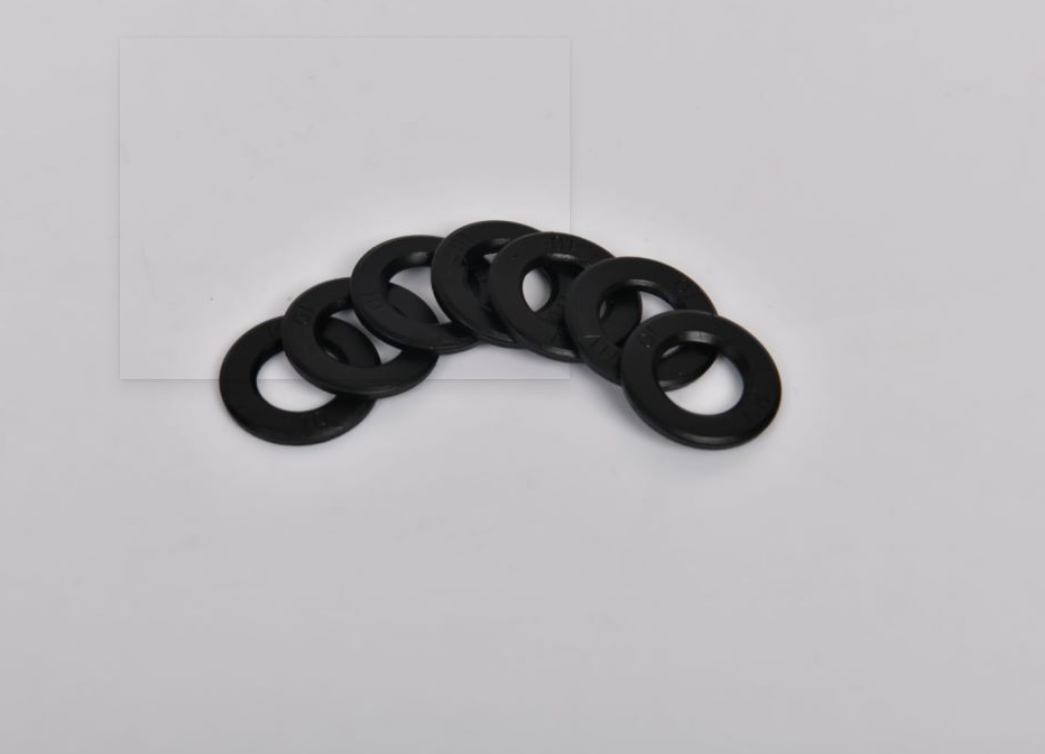lock washer manufacturer
The Importance of Lock Washers A Guide to Their Manufacturing
Lock washers are crucial components in various mechanical applications, ensuring that nuts and bolts stay securely tightened, preventing them from loosening over time. As a lock washer manufacturer, understanding the materials, types, and applications of these essential fasteners is key to producing quality products that meet industry standards. This article explores the significance of lock washers, the manufacturing process, and the factors that define quality in the production of these vital components.
What is a Lock Washer?
A lock washer is a mechanical device used with nuts and bolts to prevent loosening during vibration or rotational motion. Unlike flat washers that serve merely to distribute load, lock washers provide a mechanical locking action. They are designed to increase friction between the bolt and the surface it is securing, which hinders the tendency of the fastener to vibrate loose.
Lock washers come in several types, including split lock washers, tooth lock washers, and wave washers, each suited for specific applications. Split lock washers, for example, are commonly used in automotive and machinery applications due to their capability to maintain tension as the bolt is tightened. Tooth lock washers feature sharp teeth that dig into the surface of the connection and the bolted part to enhance resistance against loosening. Wave washers, on the other hand, are designed to provide radial load and are often used in applications where there is a need for flexibility alongside static locking.
The Manufacturing Process
The manufacturing of lock washers involves several steps, from material selection to final inspection. The most commonly used materials for lock washers are steel (often treated for corrosion resistance), stainless steel, and various alloys, depending on the required strength and application. The choice of material is crucial, as it affects the durability and performance of the lock washers.
1. Material Selection The first step is to choose the right material based on the application. Factors such as environmental exposure, load requirements, and potential for corrosion play a significant role in this decision.
lock washer manufacturer

2. Blanking Once the material is selected, the manufacturing process begins with blanking, where flat discs are cut from a sheet of metal. This can be accomplished using hydraulic or mechanical presses that ensure precision and efficiency.
3. Forming After blanking, the discs undergo a forming process, which reshapes the flat discs into their specific lock washer design. This may involve bending, coining, or stamping processes that create the characteristic shape necessary for effective locking.
4. Heat Treatment Some lock washers require heat treatment to enhance their strength and resistance to wear. This process involves heating the metal and then cooling it rapidly to achieve a certain hardness level.
5. Finishing The final steps include surface treatment, such as plating or coating, to improve corrosion resistance and aesthetics. Common finishes include zinc plating, black oxide, or passivation for stainless steel.
6. Inspection Quality control is paramount in the manufacturing process. Each batch of lock washers undergoes rigorous testing for dimensional accuracy, tensile strength, and resistance to corrosion. Manufacturers often collaborate with third-party labs to ensure their products meet established standards.
Conclusion
Lock washers play an essential role in ensuring the integrity of mechanical assemblies in various industries, from automotive to aerospace. As a lock washer manufacturer, the commitment to quality and precision in manufacturing not only enhances product performance but also builds customer trust in the brand. Understanding the intricacies of material selection and the manufacturing process is vital to producing reliable lock washers that can withstand the rigors of their applications.
In a world where mechanical failure can lead to significant challenges and safety risks, investing in high-quality lock washers is a prudent choice for any manufacturer or engineer. The ongoing development of manufacturing technologies and materials will continue to improve the performance and reliability of lock washers, ensuring that they remain indispensable components in assembly and engineering applications for years to come.
-
Top Choices for Plasterboard FixingNewsDec.26,2024
-
The Versatility of Specialty WashersNewsDec.26,2024
-
Secure Your ProjectsNewsDec.26,2024
-
Essential Screws for Chipboard Flooring ProjectsNewsDec.26,2024
-
Choosing the Right Drywall ScrewsNewsDec.26,2024
-
Black Phosphate Screws for Superior PerformanceNewsDec.26,2024
-
The Versatile Choice of Nylon Flat Washers for Your NeedsNewsDec.18,2024










